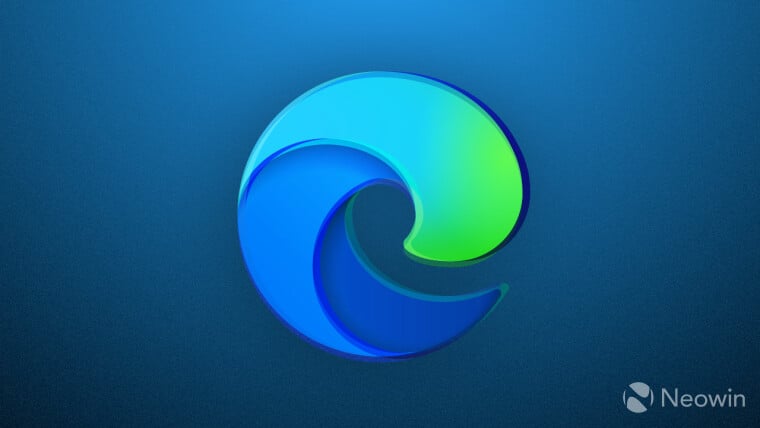The latest Edge Canary version started disabling Manifest V2-based extensions with the following message: “This extension is no longer supported. Microsoft Edge recommends that you remove it.” Although the browser turns off old extensions without asking, you can still make them work by clicking “Manage extension” and toggling it back (you will have to acknowledge another prompt).
At this point, it is not entirely clear what is going on. Google started phasing out Manifest V2 extensions in June 2024, and it has a clear roadmap for the process. Microsoft’s documentation, however, still says “TBD,” so the exact dates are not known yet. This leads to some speculating about the situation being one of “unexpected changes” coming from Chromium. Either way, sooner or later, Microsoft will ditch MV2-based extensions, so get ready as we wait for Microsoft to shine some light on its plans.
Another thing worth noting is that the change does not appear to be affecting Edge’s stable release or Beta/Dev Channels. For now, only Canary versions disable uBlock Origin and other MV2 extensions, leaving users a way to toggle them back on. Also, the uBlock Origin is still available in the Edge Add-ons store



Basically browsers are big because they are operating systems for web hosted applications with huge attack surfaces and lots of legacy compatibility requirements amassed over 3 decades.
A rewrite isn’t the answer. Putting limits on browser functionality is. JavaScript was the turning point IMHO.
I think it could be sensible to come out with a subset of modern web tech stack, and just use that. There could be even a lightweight web browser just for this subset. The problem is of course on agreeing with what would be included.
Sounds like you’re describing pure HTML5
JavaScript partially took off due to HTML’s limited functionality at the time. This was also around the time that web media was becoming really big, which before HTML5 it wasn’t easy to integrate into a webpage without turning to extra libraries or extensions